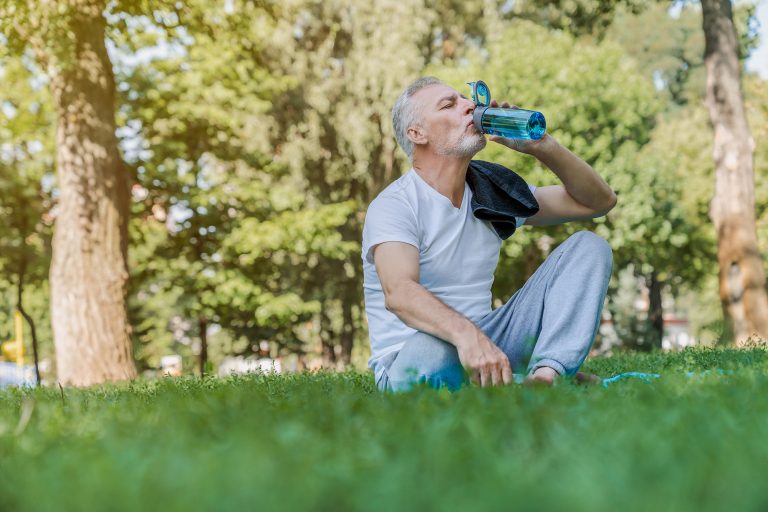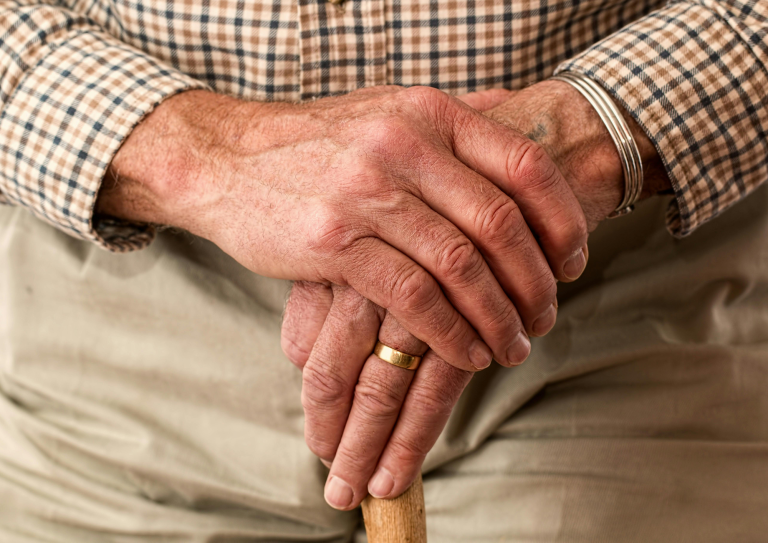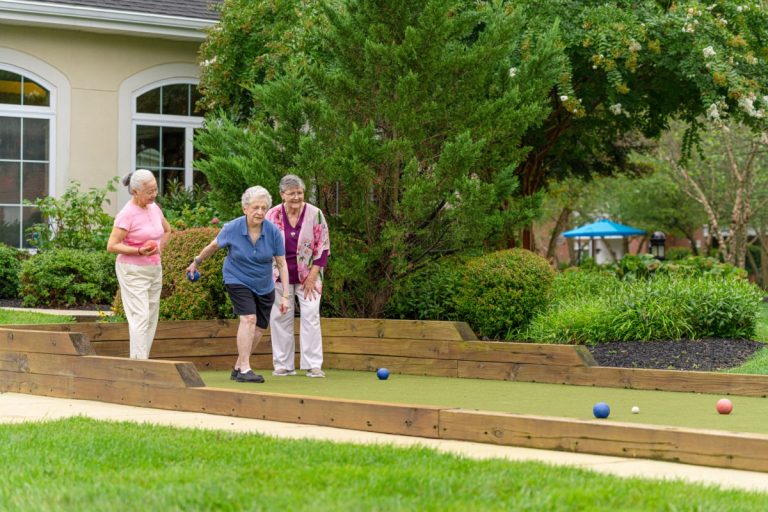
As the weather warms up, it’s only natural to want to spend more time outdoors. And while we can all use a little more vitamin D, it’s important to be aware of the risks that come with spending too much time in the sun or hot environments. As we age, our bodies start to lose their ability to adapt to sudden temperature changes, so heat stroke in seniors can be even more harmful than in other age groups.
What increases your risk?
There are many factors that seniors typically face that can increase their risk of heat-related illness. Some of these include:
- Heart, lung, or kidney disease
- Changes in skin caused by normal aging
- Being on several prescription drugs at once or taking prescriptions such as diuretics, sedatives, tranquilizers, and some heart and high blood pressure medicines that may make it harder for the body to cool itself
- Illnesses that cause fever
- Not drinking enough fluids
Common heat related illnesses
Being in the sun without proper protection or in a hot environment for too long can lead to heat exhaustion in the elderly as well as other heat-related conditions. Watching for early warning signs can let you know when to get in the shade or air conditioning as soon as possible and help you avoid more serious conditions.
- Heat syncope: This happens when you’re active in the heat and feel sudden dizziness. The best way to treat this is to sit somewhere cool and hydrate until the dizziness goes away.
- Heat edema: Like normal edema, heat edema causes swelling in the legs and feet, but instead of other causes, this is brought on by heat. Put your legs up, preferably above your heart, to reduce the swelling. Consult your doctor if the swelling doesn’t go down.
- Sun exposure: More commonly known as sunburn, this condition has a range of severity. Wearing protective clothing and sunscreen can help you avoid sunburns.
- Heat rash: Caused by heavy sweating, heat rash can be treated by keeping the area dry and staying in cooler areas to avoid irritating it further.
- Heat exhaustion: Warning signs of heat exhaustion include feeling thirsty, dizzy, weak, uncoordinated, and nauseated. Excessive sweating is another symptom, as is feeling cold and clammy. Seek a cooler location immediately and hydrate. Heat exhaustion is especially dangerous as it can lead to heat stroke.
- Heat stroke: One of the most serious heat-related illnesses, heat stroke requires immediate medical care. Elderly and heat stroke are especially dangerous. Heat stroke is identified when the body’s temperature is 104° or more. Other signs include fainting, confusion or acting strangely, not sweating even when it’s hot. dry, flushed skin, strong, rapid pulse, or a slow, weak pulse. Heat stroke is a medical emergency and should be treated with urgency by moving to a cool location and applying cool towels while seeking immediate medical help.
Stay safe at FellowshipLIFE
At FellowshipLIFE, our well-trained staff know the warning signs of heat-related issues for elders and are ready to offer assistance as needed. At our communities, you can enjoy outdoor activities with confidence. Contact us today to learn more about our communities and how we can help you meet your heath goals.




